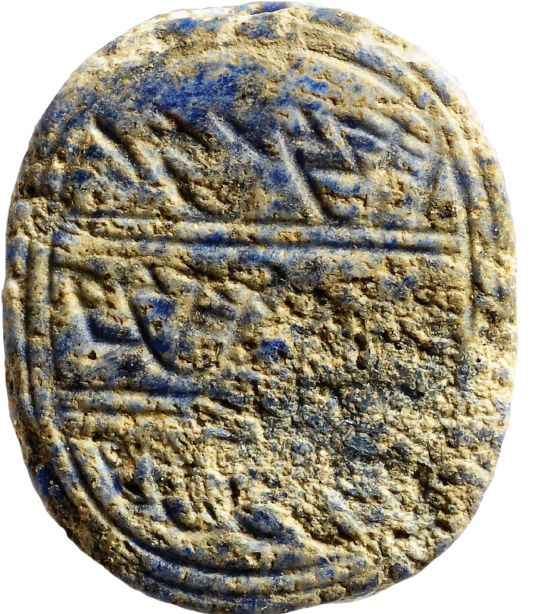The Jewish Religion

During and especially after the Babylonian Captivity, the most important Hebrew texts of history, law, and ethics were edited and brought together in the Torah, the first five books of the Hebrew Bible. Here the exiles redefined their beliefs and practices, establishing what they believed to be the law of Yahweh. Fundamental to an understanding of the Jewish religion is the concept of the Covenant, an agreement that people believed to exist between themselves and Yahweh. According to the Bible, Yahweh appeared to the tribal leader Abraham, promising him that he would be blessed, as would his descendants, if they followed Yahweh. (Because Judaism, Christianity, and Islam all regard this event as foundational, they are referred to as the “Abrahamic religions.”) Yahweh next appeared to Moses when he was leading the Hebrews out of Egypt, and Yahweh made a covenant with the Hebrews: if they worshipped Yahweh as their only god, he would consider them his chosen people and protect them from their enemies. Individuals such as Abraham and Moses who acted as intermediaries between Yahweh and the Hebrew people were known as “prophets.” Much of the Hebrew Bible consists of writings in the prophets’ voices, understood as messages from Yahweh to the Hebrews.
Worship was embodied in a series of rules of behavior, the Ten Commandments, which Yahweh gave to Moses; these required certain kinds of religious observances and forbade the Hebrews to steal, kill, lie, or commit adultery, thus creating a system of ethical absolutes. From the Ten Commandments a complex system of rules of conduct was created and later written down as Hebrew law. Like the followers of other religions, Jews engaged in rituals through which they showed their devotion. They were to please Yahweh by living up to high moral standards and by worshipping him above all other gods. Increasingly this was understood to be a commandment to worship Yahweh alone. The later prophets such as Isaiah created a system of ethical monotheism, in which goodness was understood to come from a single transcendent god, and in which religious obligations included fair and just behavior toward other people as well as rituals.
Like Mesopotamian deities, Yahweh punished people, but the Hebrews also believed he would protect them all, not simply kings and powerful priests, and make them prosper if they obeyed his commandments. A hymn recorded in the Hebrew Bible’s book of Psalms captures this idea:
Blessed is every one who fears the Lord, who walks in his ways!
You shall eat the fruit of the labor of your hands;
you shall be happy, and it shall be well with you.
Your wife will be like a fruitful vine without your house;
your children will be like olive shoots around your table.
Lo, thus shall the man be blessed who fears the Lord. (Psalms 128:1–
The religion of the Hebrews was thus addressed to not only the elites but also the individual. Because kings or other political leaders were not essential to its practice, the rise or fall of a kingdom was not crucial to the religion’s continued existence. Religious leaders were important in Judaism, but personally following the instructions of Yahweh was the central task for observant Jews in the ancient world.